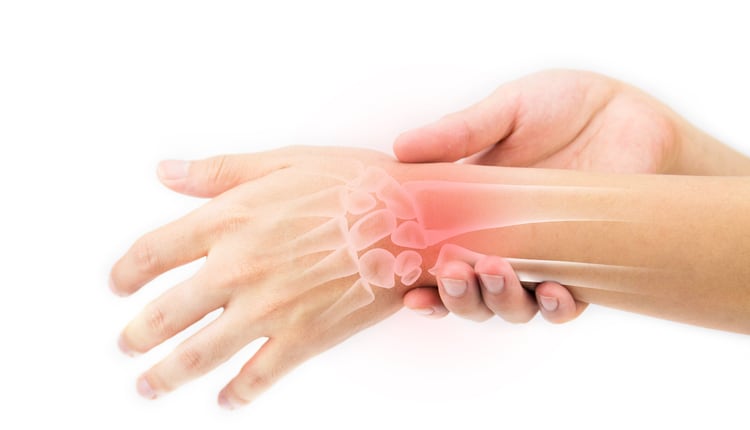The study is said to be the first to reveal the links between vitamin D, KOA, and the gut microbiome.
Writing in Nutrients, researchers from All India Institute of Medical Sciences, Christian Medical College, and University of Chile compared the microbiome of the study participants using their faecal samples.
The study participants were divided into four groups, namely 1) those with KOA, 2) those who were vitamin D deficient, 3) those who have KOA and were vitamin D deficient, and 4) healthy individuals.
Vitamin D deficiency is defined as a vitamin D level of less than 30 ng/mL.
While the majority of the bacterial species (80 per cent) were common in all groups, the researchers also found distinct difference in the gut microbiome of these four groups.
For example, the gut microbiome of healthy individuals were enriched with Faecalibacterium and Anaerofilum, while Parabacteroides, Butyricimonas, Pseudobutyrivibrio, Odoribacter and Gordonibacter were the predominant bacteria in vitamin D deficient patients with or without KOA.
In addition, Peptococcus, Intestimonas, Delftia and Oribacterium were commonly seen in KOA patients.
“As expected, the gut microbiome of KOA patients included in our study was characterised by a dysbiosis compared with that of healthy individuals,” the researchers said.
Notably, the researchers noticed that vitamin D deficiency could affect gut microbiome composition in subjects suffering from KOA.
“Interestingly we also observed an effect of the vitamin status on the KOA-associated dysbiosis. The gut microbiome of KOA patients with deficient vitamin D was characterised by an increased abundance of Parabacteroides, Butyricimonas, Gordonibacter, while Intestimonas, Delftia, Peptococcus were specific for KOA.
“These results suggest that vitamin deficiency shapes the KOA linked gut microbiome.”
Vitamin D interventional study for future
From the findings, the researchers believe that vitamin D supplementation could potentially benefit the gut microbiome of individuals with KOA, and hence recommended a vitamin D interventional study in KOA patients.
“Vitamin D supplementation likely exerts a beneficial role on the KOA-altered gut microbiome, thus modulating the disease process of OA.
“These observations recommend a larger vitamin D interventional study in KOA patients to confirm the beneficial effects of resetting the observed dysbiosis on the progression of KOA,” the researchers said.
The research was funded by Christian Medical College in Vellore, India.
Source: Nutrients
Association of Gut Microbiome and Vitamin D Deficiency in Knee Osteoarthritis Patients: A Pilot Study
https://doi.org/10.3390/nu13041272
Authors: Ramadass Balamurugan et al





